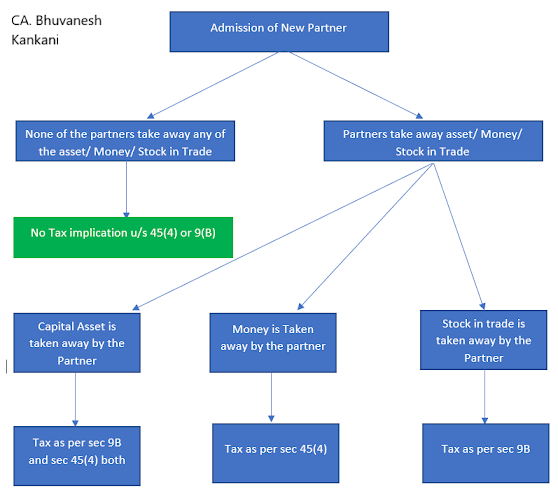WHETHER THE AUDITEE BE IMPOSED WITH PENALTY IN EVERY SITUATION FOR NON-AUDIT OF ACCOUNTS??
WHETHER
THE AUDITEE BE IMPOSED WITH PENALTY IN EVERY SITUATION FOR NON-AUDIT OF ACCOUNTS?
1.
As we all are aware, consequence of non-fulfillment
of any responsibilities bestowed upon generally lead to penalty, and sometime prosecution.
Similarly, non-fulfillment of the responsibility of getting the books of
accounts audited could end up with payment of penalty under Income-tax Act,
1961 (‘the Act’).
2. But the question is, whether the Auditee be imposed with penalty
in every situation?
2.1. So,
let’s touch upon the issues involved upon levy of penalty under section (u/s)
271B of the Act.
2.2. Starting
with the provision of section 271B which is reproduced as under,
‘271B.
If any person fails to get his accounts audited in respect of any previous year
or years relevant to an assessment year or furnish a report of such audit as
required under section
44AB, the Assessing Officer may direct that such person shall pay, by way
of penalty, a sum equal to one-half per cent of the total sales, turnover or
gross receipts, as the case may be, in business, or of the gross receipts in
profession, in such previous year or years or a sum of one hundred fifty
thousand rupees, whichever is less’
It’s
apparently very clear that penalty imposed could be of
· 0.5% of total sales, turnover or gross
receipts OR
·
Rs.1.5 Lac, whichever is less.
2.3. However,
the question, whether the Auditee be imposed with penalty in every situation? According to my view, the answer is NO.
2.4. The
initial phrase, ‘If any person fails to GET
his accounts audited….’, is of much importance to understand the depth of this
section. The penalty is imposable in a situation where the person whose
accounts are to be audited has failed on his part in getting his
accounts audited.
2.5. Let’s
take up an illustration, if person has shared his accounts with the Chartered Accountant
for auditing. But CA could not complete the same owing to any reason better
known to him. Then, in this situation, was there any failure on part of that
person to get his accounts audited?
2.6. In
situations where assessee share’s his accounts or invite the CA to conduct audit
of accounts and have also extended enough support to the CA to complete the
audit reasonably, then there is no failure on part of that person and he should
not be penalized.
2.7. The
assessing officer while deciding upon levy of penalty should understand the
reasoning of non-completion of audit or non-furnishing of audit report and then
decide upon levy of penalty. The provision of section 271B gives discretionary
power to the assessing officer to impose penalty for not getting the accounts
audited or non-furnishing the audit report.
3.
Whether,
any genuine cause of failure would also lead to imposition of penalty?
3.1. As
per provisions of section 273B of the Act no penalty under section certain category
of sections shall be imposable if the person proves the reasonable cause for
such failure. In those certain category of section, the penal provisions for
failure to get accounts audited is also covered. Accordingly, if assessee or
that person could substantiate the reasonable cause then there should be no imposition
of penalty.
4.
Whether,
any opportunity of proving the reasonable cause for the failure would be given?
4.1. The
penal provisions are governed by the principle of Natural justice, the lapse of
which may lead to annulment of the penalty levied. Accordingly, as per section
274 of the Act, no penalty shall be imposed unless the assessee is been given
the opportunity of being heard. That is to say, the officer is required to
issue a show notice u/s 274 of the Act seeking reasons why penalty u/s 271B
should not be imposed in the case.
Further,
if the amount of penalty exceeds Rs.10,000/- the assessing officer is required
to get the prior approval of Joint Commissioner.
5.
Therefore, the answer to the question
raised, is, in every situation the person liable to get his accounts audited
would not be imposed with penalty u/s 271B of the Income-tax Act.
CA. Bhuvanesh Kankani
+91 9421847944

Presumptive taxation scheme (PTS) allows you to calculate your tax on an estimated income or profit. The scheme can be used by businesses having a total turnover of less than Rs2 crore and eligible professionals with gross receipts of less than Rs50 lakh in a financial year.
ReplyDeletePresumptive Taxation under section 44AD
Yes. here income is computed on estimation (6/8% or higher in case of business) or (50% of higher in case of professionals). And tax is to be computed on such estimated income.
Delete